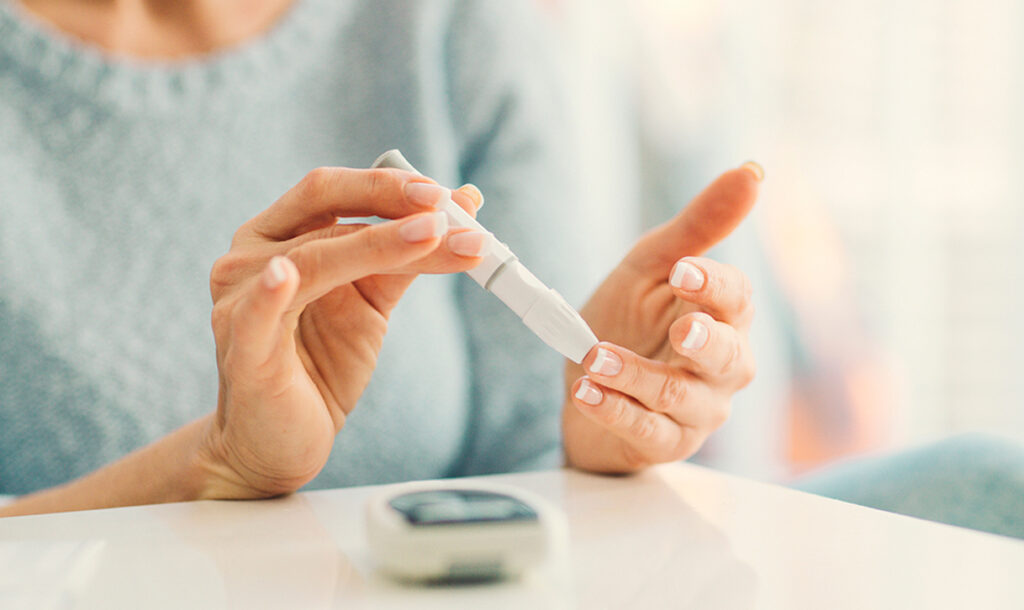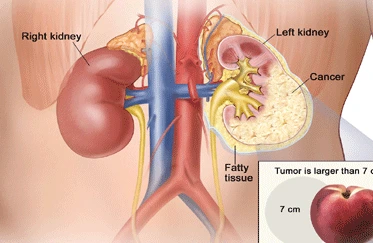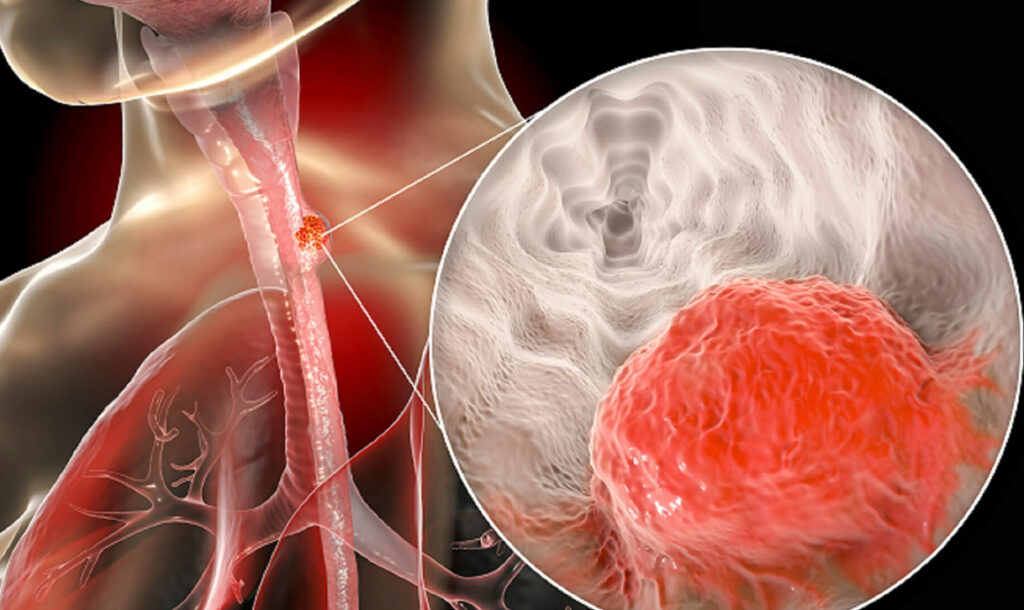Cancer and Diabetes are two of the leading killers in whole world. Each can be a devastating diagnosis in its own right, but researchers are finding that the two often occur together.
As published in Indian Express on January 5, 2013 – A US Study says people with Type 2 Diabetes have an increased risk of developing Cancer. Here’s how they cope up with both.
Nine years ago, Brenda Gray, a former schoolteacher in the US, discovered she had Type 2 Diabetes.
Since then, she has learned to manage the disease, diligently taking her medicine and keeping tabs on her Blood Sugar. But in September 2012, she was told she had Skin Cancer and her diabetes spun out of control.
Gary started an aggressive course of treatment that included Radiation Therapy. But the treatments weakened her and destroyed her appetite. Unable to eat she developed dangerously low blood-sugar levels, and about two months ago her daughter had to rush her to a Hospital.
“She found me in Bed shaking and sweating,” said Gray, who is 62 and lives in Durham. “When I got to the hospital, they couldn’t understand how I was still standing.”
Cancer and Diabetes are two of the leading killers in whole world. Each can be a devastating diagnosis in its own right, but researchers are finding that the two often occur together. By some estimates, as many as one in five cancer patients also has diabetes.
In recent joint report, the American Cancer Society and the American Diabetes Association noted that people with Type 2 Diabetes have an increased risk of developing cancers of the liver, pancreas, colon and bladder. Researchers with the National Cancer Institute released a similar report last year, which found greater rates of cancer among diabetics, as well as an elevated risk of dying from cancer.
Experts say it is clear from accumulating clinical data that the two share some biological links. The problem results from simple demographics as well : with the rapid rise in Type 2 diabetes and a growing population of cancer survivors, the two diseases are coinciding more frequently in older patients.
“We are going to see a lot greater numbers of people with both diseases,” said Edward Giovannucci, a professor of nutrition and epidemiology at the Harvard School of Public Health and an author of the joint report. “By some estimates, the link between diabetes and cancer may quantitatively become even more important than the link between smoking and cancer.”
Already, oncologists say, it is not uncommon to encounter patients struggling to balance cancer treatments with insulin shots and diabetes drugs. Because cancer is generally seen as the most lethal of the two diseases, patients often make it the topmost priority. “Although cancer is no longer generally a death sentence, for many patients, they see it as that no matter what you say,” said Dr June McKoy, a geriatric oncologist at the Northwestern University Feinberg Chool of Medicine.
Researchers say that the link between the two diseases is complex and driven by many factors. Typically, though, it is diabetes that sets the stage for cancer. “Most cancers don’t cause diabetes,” said Dr Pankaj Shah, an endocrinologist at the Mayo Clinic in Rochester, Minnesota. “Mostly diabetes increases the risk of cancer.” Type 2 Diabetes is often preceded by chronically high insulin levels and high blood sugar, fertile conditions for cancer. Insluin is know to fuel cell growth, and cancer cells consume glucose out of proportion to other nutrients. The two diseases share many risk factors as well, including obesity, poor diet, physical inactivity, smoking and advanced age.
Another factor which complicates the relationship is the treatments given to patients. Diabetes drugs can have an impact on cancer prognosis and vice versa. Type 2 Diabetics treated with the drug metformin, for example, develop cancer less frequently than diabetics given other medications. A number of clinical trials are now under way to see how well the drug perfroms as a cancer treatment.
Drugs used against cancer, on the other hand, tend to worsen diabetes. Chemotherapy can wreak havoc on blood sugar levels, and glucocorticoids, which are widely prescribed to alleviate nausea in cancer patients, promote insulin resistance, said Dr Lorraine L Lipscombe of Women’s College Hospital in Toronto.
Dr Lipscombe was the lead author of a large study last month that found that breast cancer survivors were 20 percent more likely to receive a diabetes diagnosis than other women. The study found evidence that glucocorticoids and chemotherapy may hasten the onset of diabetes. For diabetics who are used to tightly monitoring their blood sugar levels, the impact of cancer drugs can be alarming. Rigoberto Cortes, 71, a former metal worker in Chicago, has had Type 2 diabetes for over two decades. A year ago, he was told he had Stage 3 colon cancer. “When I started chemotherapy, my sugar level was going way up and way down like never before,” he said, “I kept asking my oncologist what I should do.”
Cortes said his oncologist was not very concerned by the blood sugar swings. He also lost weight and changed his eating habits, which helped minimise his blood sugar swings. Although every case is different, the general strategy in treating such patients should be to get cancer under control first, said Dr Shah at he Mayo Clinic. “Diabetes treatment essentially is given to prevent long-term complications”. he added.
In a confirmed report of PTI from London – In a breakthrough, scientists have for the first time creted cancer-killing cells which can be directly injected into patients. Researchers at the RIKEN Research Center for Allergy and Immunology revealed they have succeeded for the first time in creating cancer-specific, immune system cells called killer T Lymphocytes, the Daily Mail reported.
Induced pluripotent stem cells generated fully active, cancer-specific T Lymphocytes, which could serve as cancer therapy in the future, researchers believe. “The next step will be to test whether these T Cells can selectively kill tumour cells but not other cells in the body,” Hiroshi Kawamoto, who led the research, said.




